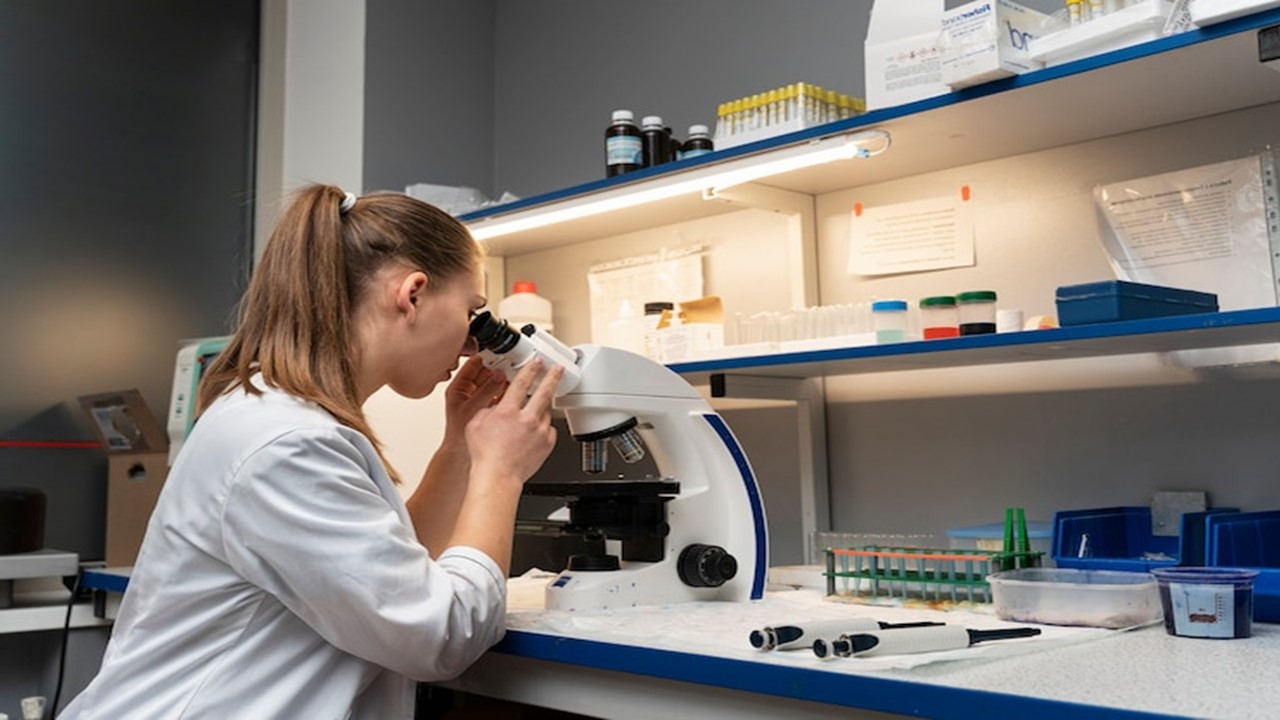Recent shifts towards remote and hybrid healthcare services have unexpectedly yielded environmental benefits by reducing the carbon footprint of the healthcare and biotechnology industries. Sustainability now occupies a central role in the consciousness of these sectors, sparking discussions regarding the eco-friendliness of clinical trials. Interestingly, these discussions have predominantly focused on the commercial supply chain, leaving the sustainability of the clinical supply chain largely unexamined. This article aims to shed light on the often-overlooked aspects of clinical trials that challenge sustainability and provides practical steps for clinical supply chain operators to embrace a more eco-conscious approach to delivering essential medicines.
The Complex Dynamics of Clinical Trial Sustainability
In the intricate landscape of clinical supply chains, a substantial portion of the budget is directed towards distribution, with a significant allocation towards packaging. Remarkably, the most substantial expenses in clinical supply chain operations do not pertain to drug production but rather revolve around ensuring the safe and efficient delivery of these drugs to patients. This cost presents a significant hurdle on the path to achieving sustainable clinical trials. Recent industry innovations, such as the adoption of reusable shippers for medication transport from depots to clinical sites, exemplify a noteworthy shift towards embracing sustainability.
Identifying Ongoing Sustainability Challenges
Challenges in Forecasting
Predicting the required quantity of shipments following the initial dispatch remains a formidable obstacle, especially in extensive studies where frequent shipments are essential. The essence of sustainability in these dynamically evolving trials hinges on making them smarter—a goal yet to be fully realized. Typically, trials involve an initial shipment followed by subsequent shipments tailored to evolving demands. This disparity between shipping frequency and actual inventory needs escalates the carbon footprint and waste generated during clinical trials. Legacy tools employed for forecasting user decisions and demand lag behind the dynamic nature of modern trial operations.
Lack of Measurement Tools
Sustainability must be measured comprehensively, requiring a closer examination of its various dimensions. While Direct-to-Patient (DtP) trials offer numerous benefits and align with patient-centric models, they simultaneously contribute to significant carbon consumption due to the individualized shipment of drugs and supplies to diverse locations. However, a broader perspective reveals that the overall reduction in patient visits to centralized locations simultaneously reduces waste and carbon emissions. A comprehensive assessment of sustainability necessitates the consideration of the total environmental impact of DtP or DCT (Decentralized Clinical Trial) trials. Tools like the Sustainable Healthcare Coalition’s Care Pathway Carbon Calculator measure a facet of trial operations, primarily focusing on the commercial supply chain rather than the clinical supply chain.
Rising Ancillary Waste
The management and reduction of waste pose a significant challenge due to the sensitive nature of the supplies involved. Ancillary waste, stemming from items like syringes, needles, and infusion kits, constitutes a substantial portion of overall waste. Operators frequently over-order these relatively inexpensive supplies, contributing to waste generation. While it is natural to prioritize the management of costly supplies such as drugs, centrifuges, and refrigerators in waste reduction efforts, an increasing number of Contract Research Organizations (CROs) are turning to technologies like Randomization and Trial Supply Management (RTSM) and Interactive Response Time (IRT) solutions to address ancillary waste.
Challenges in Drug Transportation
Except for certain drugs like biosimilars, the process of preparing a drug for trial often surpasses the drug’s cost. The manufacturing and packaging costs during Phase I trials result in substantial waste. As trials progress to later phases, waste, and cost management assume greater significance. Advanced RTSM and IRT technologies come into play here. With rising volumes, accurately predicting patient kit quantities becomes paramount. However, supply chain managers often grapple with manual monitoring, leading to inevitable waste and unnecessary expenses. It is essential to recognize that complete waste elimination is an unrealistic goal in clinical trials. Instead, the aim is to strike a balance between patient outcomes and sustainable research practices.
Paving the Way for Sustainability
Here are four practical steps and solutions for clinical trial operators to foster more sustainable and eco-friendly supply chains:
Advanced Forecasting
Dynamic technology is indispensable for clinical trial supply chains, especially as decentralized trials grow in complexity and generate a wealth of data. Modern, intelligent forecasting engines are critical advancements that empower users to make dynamic decisions regarding supply management. These technologies enable predictions related to new patients and optimal inventory management to minimize waste.
Intentional Kit Design
The initial design of kits before leaving the central depot plays a pivotal role in waste reduction, determining waste per patient. This design encompasses primary packaging, labeling, secondary packaging, clinical labels for participating countries, and shipping materials—all influenced by chosen dimensions. Strategic planning and intentionality are essential for designing kits that cater to the unique needs of patients in diverse locations.
Improved Mitigation Solutions
Temperature excursions can jeopardize entire shipments of patient kits. Combining advanced technology to manage and mitigate these risks with a comprehensive understanding of the risks specific to each trial type is crucial. This entails selecting monitoring tools capable of real-time detection and reporting changes. Additionally, the strategic placement of these mitigation tools in the supply chain enhances clinical trial sustainability.
Balancing Sustainability Across Phases
Sustainability in clinical trials is multifaceted and must be addressed contextually across various phases. As clinical trials progress to Phases III and IV, advanced technologies like RTSM assume greater responsibility. Ultimately, the focus should be on responsible resource management and waste reduction in clinical trial supply chains. While complete waste elimination may remain elusive, the industry’s concerted efforts should aim to promote sustainable and eco-friendly scientific advancements.
Engr. Dex Marco Tiu Guibelondo, B.Sc. Pharm, R.Ph., B.Sc. CpE
Subscribe
to get our
LATEST NEWS
Related Posts

Clinical Trial Supply Chain
Equitable Trial Strategy: A Comprehensive Blueprint for Diversifying Oncotherapeutics
In the pursuit of health equity, diversifying cancer clinical trials is not only a scientific imperative but a moral imperative.

Clinical Trial Supply Chain
Bridging the Gap: Enhancing Diversity in Cancer Clinical Trials
As cancer care marches forward, fostering diversity in clinical trials stands as a non-negotiable imperative.
Read More Articles
Synthetic Chemistry’s Potential in Deciphering Antimicrobial Peptides
The saga of antimicrobial peptides unfolds as a testament to scientific ingenuity and therapeutic resilience.












